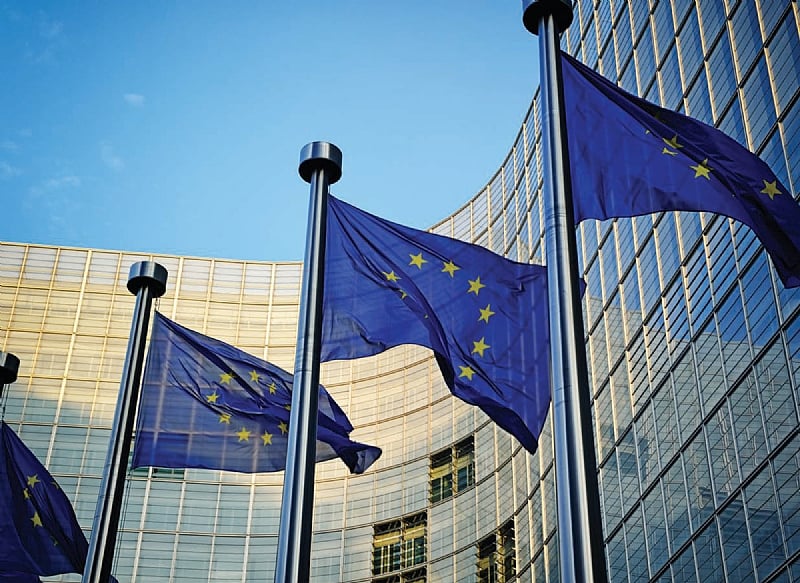The European Union (EU) has stepped up its humanitarian support to Ghana in response to a burgeoning cholera outbreak that has gripped the nation since October 2024. The outbreak, attributed to a confluence of factors including poor hygiene practices, inadequate sanitation infrastructure, and torrential rains exacerbating drainage problems, has spread across five regions, impacting 36 districts. The EU’s swift response comes in the form of a €100,000 (GHC 1.6 million) financial aid package, channeled through the Ghana Red Cross Society (GRCS). This crucial funding will bolster the GRCS’s capacity to deliver essential relief interventions to the most vulnerable communities.
The EU’s humanitarian aid package underscores its commitment to alleviating suffering and safeguarding the well-being of those affected by the cholera outbreak. The funds will be instrumental in providing critical supplies such as chlorine for disinfection, handwashing devices, and facilitating crucial public health education initiatives. These interventions are aimed at curbing the spread of the disease and mitigating its devastating impact. The outbreak, which continues to pose a significant public health threat, had registered 4,850 suspected cases and 35 fatalities by the end of December 2024, despite ongoing vaccination campaigns implemented by health authorities.
Recognizing the disproportionate impact of the outbreak on vulnerable populations, the EU’s relief efforts will prioritize critical high-risk areas such as displacement camps and informal settlements on the urban periphery. These communities often face precarious living conditions, characterized by limited access to clean water, sanitation, and hygiene infrastructure, making them highly susceptible to the spread of cholera. The timely intervention by the EU aims to mitigate the risk of further transmission within these vulnerable communities, protecting an estimated 150,000 individuals who are particularly susceptible due to inadequate access to essential resources.
The Ghana Red Cross Society (GRCS) has been at the forefront of the response to the cholera outbreak, playing a pivotal role in providing sanitation resources and actively engaging with communities to implement preventive measures and control the spread of the disease. The EU’s financial assistance will significantly enhance the GRCS’s capacity to scale up its interventions and reach a wider population with vital sanitation and hygiene support. This collaborative effort between the EU and the GRCS demonstrates the importance of partnerships in addressing humanitarian crises effectively.
The EU’s contribution to Ghana forms part of a broader global commitment to disaster relief and emergency response. This specific funding falls under the EU’s humanitarian delegation agreement with the International Federation of Red Cross and Red Crescent Societies (IFRC), specifically targeting the Disaster Response Emergency Fund (DREF). The DREF is designed to provide rapid funding for smaller-scale disasters that may not necessarily trigger a formal international appeal. The EU has allocated €14.5 million to replenish the DREF, ensuring that essential resources are readily available to respond promptly to emerging emergencies. This proactive approach aims to minimize human suffering and enhance the resilience of communities impacted by disasters.
The European Union, along with its member states, has established itself as a global leader in the provision of humanitarian aid, consistently responding to the needs of millions affected by conflicts and natural disasters worldwide. Operating through its Civil Protection and Humanitarian Aid Operations department (ECHO), the EU’s assistance is guided by the principles of humanitarian need, ensuring that aid is delivered impartially and effectively. With headquarters in Brussels and a comprehensive network of field offices, the EU maintains a global presence, enabling rapid response and efficient coordination of aid efforts. Beyond immediate humanitarian assistance, the EU also invests in long-term development initiatives, evidenced by its €40 million contribution to strengthening Ghana’s vaccine manufacturing capacity under the Global Gateway flagship initiative. This commitment highlights the EU’s holistic approach to health security and development cooperation.


